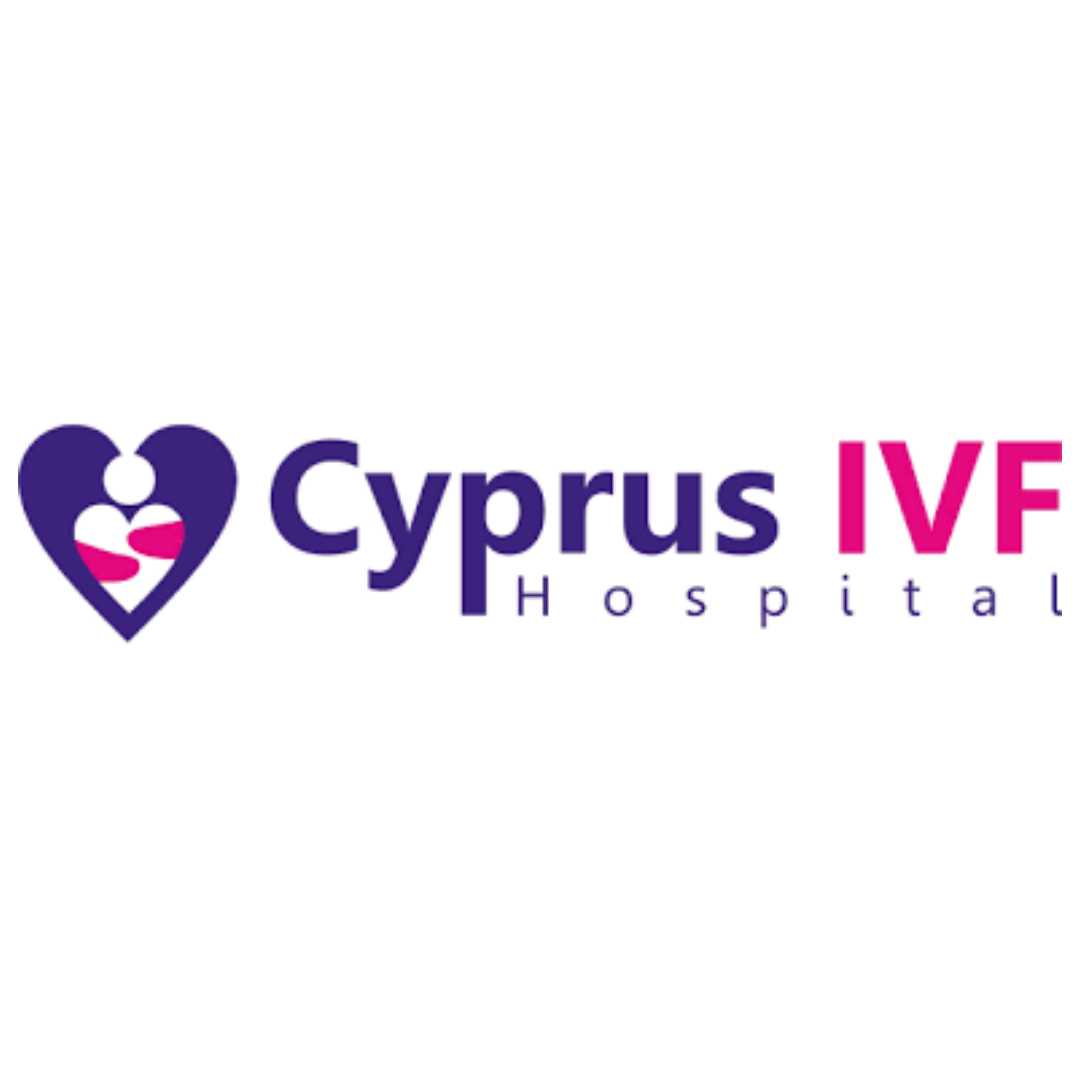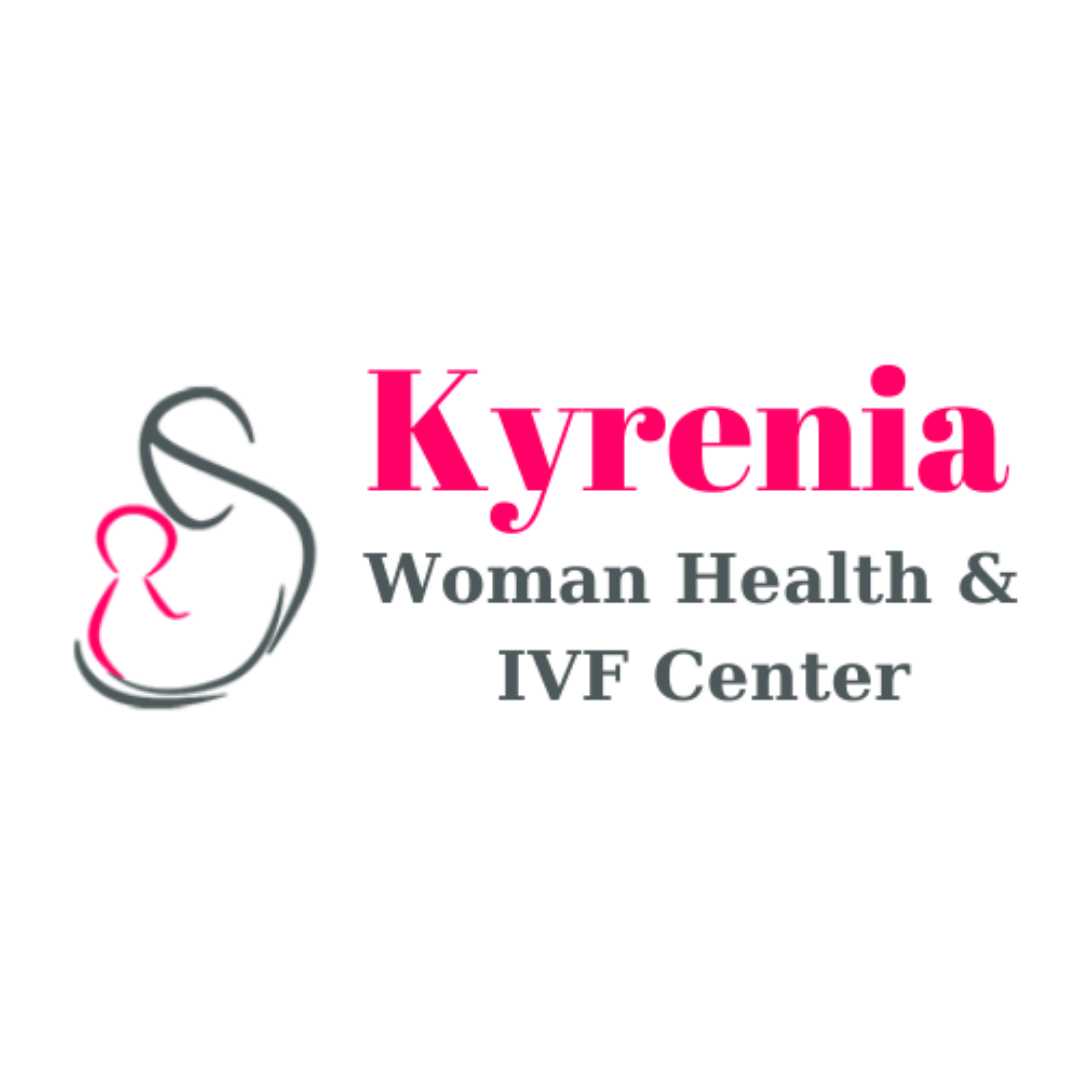Gender Selection in Cyprus: Legal and Ethical Overview

In today’s ever-evolving world, the topic of gender selection through assisted reproductive technologies has garnered considerable attention. This intricate subject intersects with ethical, moral, and legal frameworks, particularly in Cyprus, a country that has been a focal point for many couples seeking reproductive assistance. In this blog post, we will explore the legal frameworks surrounding gender selection in Cyprus, understanding its implications, the ethical debate, and how these policies impact individuals and couples looking to start or grow their families.
Understanding Gender Selection
Gender selection, also known as sex selection, is a medical process that allows prospective parents to choose the sex of their unborn child. The most common method used is Preimplantation Genetic Diagnosis (PGD), which involves the screening of embryos during an IVF (In Vitro Fertilization) cycle for various genetic conditions, including determining the sex of the embryos before they are implanted in the uterus.
Cyprus at the Forefront
Cyprus has emerged as a popular destination for couples seeking fertility treatments, including gender selection, due to its advanced medical facilities, skilled practitioners, and relatively liberal legal frameworks. Unlike some countries where gender selection is highly restricted or outright banned, Cyprus provides a more accommodating environment for reproductive technologies.
The Legal Landscape
The legal framework in Cyprus allows for the use of gender selection for medical reasons, primarily to avoid sex-linked genetic diseases. This means that couples who have a history of genetic conditions that can be passed down to a specific sex can legally undergo gender selection procedures. However, the use of gender selection for non-medical reasons, such as family balancing, is where the legal waters become murkier.
Cyprus's laws are designed to ensure that medical practices adhere to ethical standards, protecting both the rights of the parents and the unborn child. The legal framework is governed by the Cyprus Health Ministry, which oversees assisted reproductive technologies and ensures they are used responsibly.
Ethical Considerations
The availability of gender selection raises a plethora of ethical questions. Critics argue that it could lead to gender imbalances, reinforce gender stereotypes, and even lead to a slippery slope where the selection of other traits might become acceptable, raising concerns about "designer babies." Proponents, however, see it as an extension of reproductive rights and autonomy, allowing families to make choices that are best for them.
In Cyprus, these ethical considerations are taken into account within the legal framework. Regulations are in place to prevent misuse and ensure that gender selection is used judiciously, focusing on reducing the transmission of genetic diseases.
Navigating Policies for Prospective Parents
For couples considering gender selection in Cyprus, understanding the legalities is crucial. Here’s a step-by-step guide to navigating these policies:
- Consultation with a Fertility Specialist: The first step is to consult with a licensed fertility specialist in Cyprus. They can provide detailed information about the procedures, risks, and legal considerations.
- Medical Justification: If seeking gender selection for medical reasons, couples must provide medical documentation proving the risk of sex-linked genetic diseases.
- Legal Compliance: Ensure that all procedures are carried out in compliance with Cypriot laws and regulations. This includes using accredited medical facilities and adhering to the guidelines set forth by the Cyprus Health Ministry.
- Consider Ethical Implications: While the law may allow for certain procedures, it’s important for couples to consider the broader ethical implications of their choices.
The Role of Healthcare Providers
Healthcare providers in Cyprus play a pivotal role in guiding couples through the process. They are responsible for ensuring that all procedures are conducted ethically and legally, providing counseling to couples about the implications of their choices, and supporting them through the emotional journey of fertility treatments.
Cyprus is best choice for Family Balancing
Navigating the legal frameworks and policies regarding gender selection in Cyprus requires a careful consideration of both the law and ethical implications. While Cyprus offers opportunities for couples seeking reproductive assistance, it also places a significant emphasis on responsible use, focusing on the prevention of genetic diseases. As the conversation around reproductive technologies continues to evolve, so too will the legal and ethical landscapes. For those considering gender selection in Cyprus, it is crucial to remain informed about the latest legal developments and engage with experienced medical professionals to ensure that their journey is both compliant and ethically considered.
Understanding the complexities of gender selection, both legally and ethically, can help prospective parents make informed decisions that align with their values and the laws of Cyprus. As we look towards the future, the balance between technological advancements in reproductive medicine and ethical considerations will remain a central topic of discussion, highlighting the importance of ongoing dialogue and thoughtful regulation.
Get Gender Selection in Cyprus
In essence, the journey of gender selection in Cyprus is not just about navigating legal frameworks but also about understanding the profound implications of these decisions on families and society at large. As we embrace the possibilities of medical science, let us also commit to fostering an environment of ethical responsibility and compassion.


.png)




.png)
.png)
.png)
.png)






Share this listing